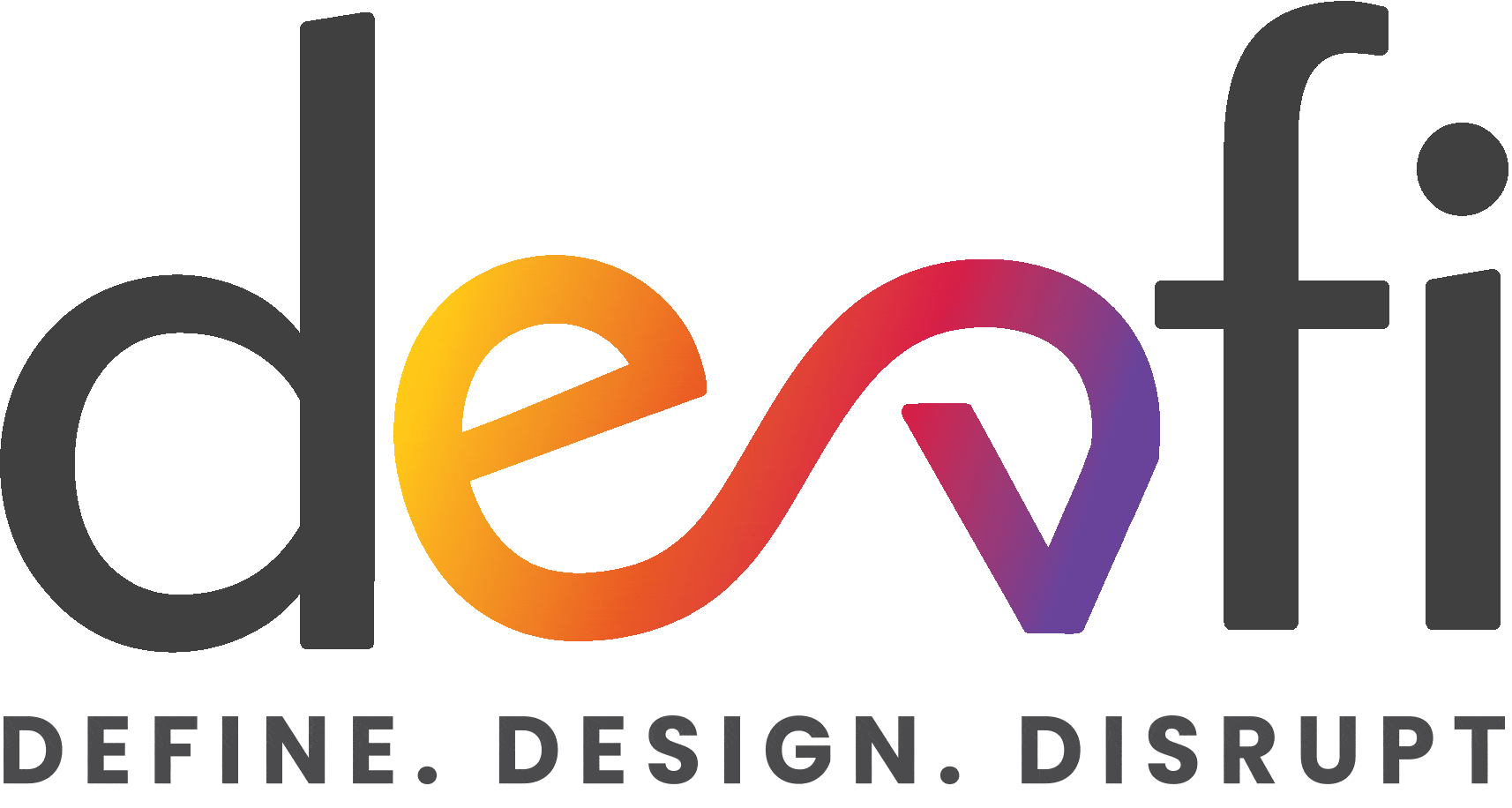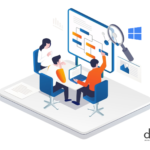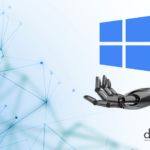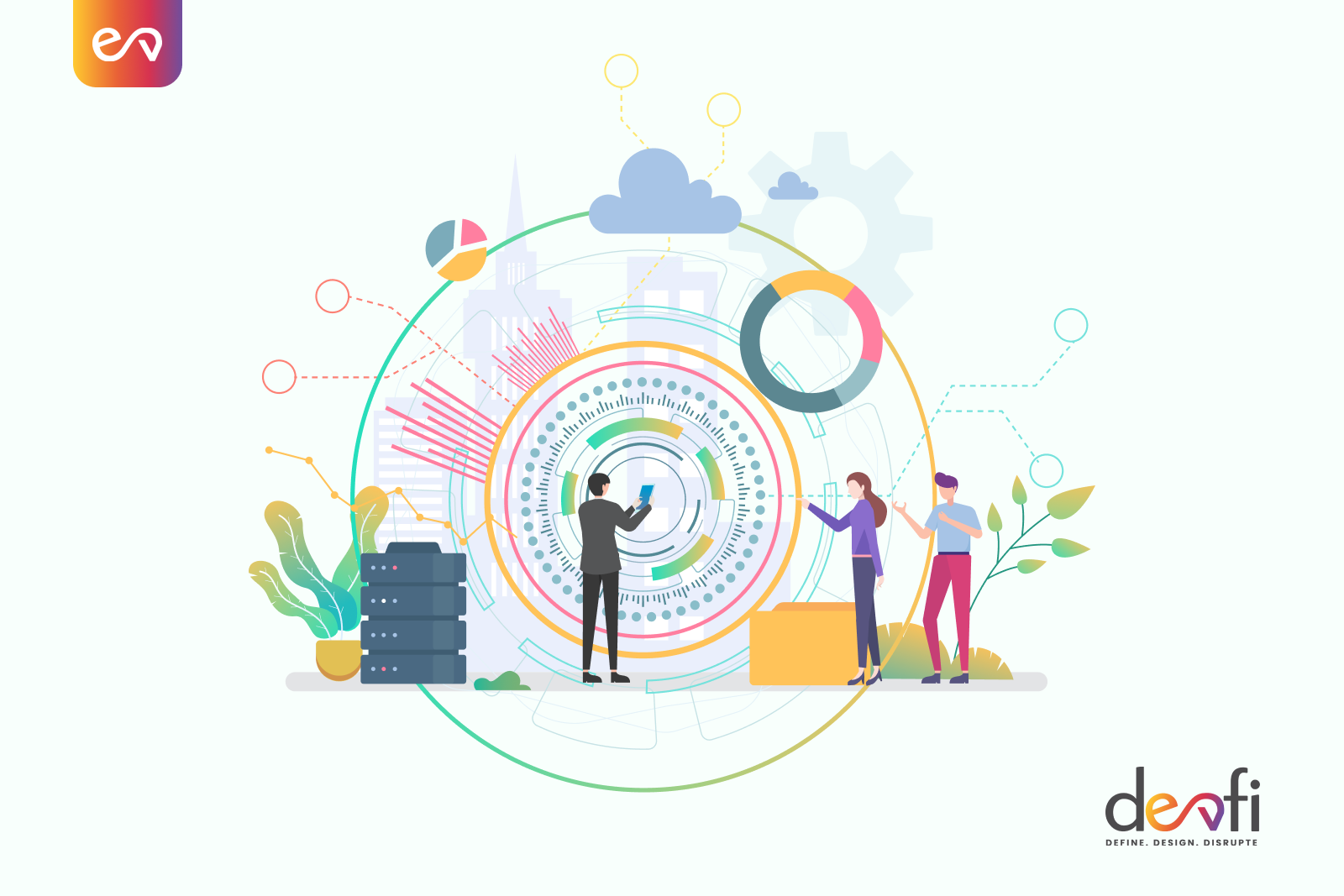Businesses are in need to adopt new-age digital technologies to keep up with changing customer expectations and market demands. From a broad perspective, it’s simple: win your customers over your competitors. It is challenging to keep your customers always connected, satisfied. And without happy customers, you can’t win any business. However, digitization, digitalization, and digital transformation are driving factors that can help businesses to fasten their operations to keep up with evolving customer concerns.
Customers are empowered by the digital era, and they expect to be connected with your business 24/7, irrespective of the service or product you offer. According to salesforce, 73% of customers prefer to do business with brands that personalize and address customer challenges in real-time. During these changing times of adopting digital technologies, business transformation is continuously growing. Streamlining production, building a better workplace, expanding distribution, digitizing operations, etc., are a few reasons why businesses need to transform in the digital era. In this article, we’ll take a deeper look at defining the differences between digitization, digitalization, and digital transformation, along with an overview of the importance and benefits of digital transformation for today’s organizations.
Digitization vs Digitalisation vs Digital Transformation: What’s The Difference?
Digital innovation is shaping businesses across all industries. It is vitally becoming important for businesses to understand the difference between digitization, digitalization, and digital transformation to innovate their business process and scale business outcomes. Why? – As these terms sound similar, businesses new to digital innovation adoption often misunderstand them, and having a clear understanding provides an advantage to businesses to adopt the right technological tools for the right processes to save time and costs.
1. Digitization
Digitization is often confused with digitalization. Digitization is the conversion of analog process/ physical data folders into digital formats without any significant changes to the existing processes. In simple terms, during digitization, we aim to convert analog processes like traditional bookkeeping techniques ( of having physical folders to store important information) into digital records (that can be created, processed, stored, and transmitted electronically in machine-readable formats). Examples include converting your signature into an electronic format for signing documents online and scanning physical documents to convert them into PDFs.
2. Digitalization
Digitalization is often misunderstood with the other terms digitization and digital transformation. Digitalization is all about leveraging technology to transform existing business processes to improve operational efficiency and decrease costs. During digitalization, every process is usually streamlined before automation to lower the recurring operational costs. For instance, automating the accounting process is a digitalization practice. Here is how digitalization works:
- Invoice Capture: Physical invoices are recorded digitally and updated into the ERP (Enterprise Resource Planning) system. Vital information like line items, amounts, and code names are automatically extracted using OCR (optical character recognition) technology. Once again the invoices are grouped and updated back into the ERP/accounting system without the requirement of data entry.
- Invoice Approval: Once all the invoices data are captured into ERP, predefined automated workflows send approval requests with the invoice attached as a reference; and finally approvers are predetermined based on vendor and invoice amounts based on data stored.
- Payment Execution: Approved payments go out immediately on a scheduled date and time with sync closes invoices in the ERP system. The invoice record captures all the payment records, invoice copies, and receipts.
Digitalization is more about using the digital data available in a meaningful way through technology to update regular processes and operations to scale outcomes.
3. Digital transformation
As both the terms digitalization and digital transformation can be used interchangeably, businesses often fail to define the significance in their meaning. Digital transformation is a journey of a business to focus beyond digitization, while, digitalization is the process of leveraging certain technologies to transform repeating business processes. Digital transformation mainly focuses on adding value to the end-user. It is about transforming business processes, operations, people, and IT infrastructure using digital technologies. Unlike digitalization, digital transformation cannot be done in a single project. As we focus on creating new or modifying existing business processes, culture, and customer experiences to meet changing business and market requirements.
For instance, HR digital transformation is the process of changing operational HR processes to be automated and data-driven for more effective and efficient decision making, measurement of organizational culture, growth, and employee engagement and productivity.
Why Digital Transformation is Important?
Digital transformation is no longer an evolving trend, it is an essential tool for today’s businesses to keep the pace with constantly changing economic environment. If planned, implemented, and operated correctly, digital transformation can deliver exceptional results for business growth and success. Digital transformation has the potential to transform any organization to leverage the full potential of innovative technologies like AI, IoT, BlockChain, etc. and the benefits of digital transformation include:
- Digital transformation allows businesses to reinvent themselves and create new business opportunities and explore all-new ways of doing business.
- No matter the industry your business operates in, transformed organizations to go beyond digitization and turn unstructured data into actionable insights and competitive intelligence for effective decision making.
- Digital transformation is all about solving complex business challenges and providing a new approach to operate effectively without any dependency on market shifts and demands.
The digital age is changing how businesses operate. The process of converting information into insights to simplify operations, improve business, and create revenue is the main objective of digital transformation. Digital transformation requires digitization and digitalization on the way to building a digital business model. And over time there will be more innovations and new technologies for us to learn and understand to grow during the digital transformation phase.
At Devfi, we keep up with these changes and help businesses with their effective implementation. Connect with us to know how we can help you to digitize, digitalize, and digitally transform your business.






